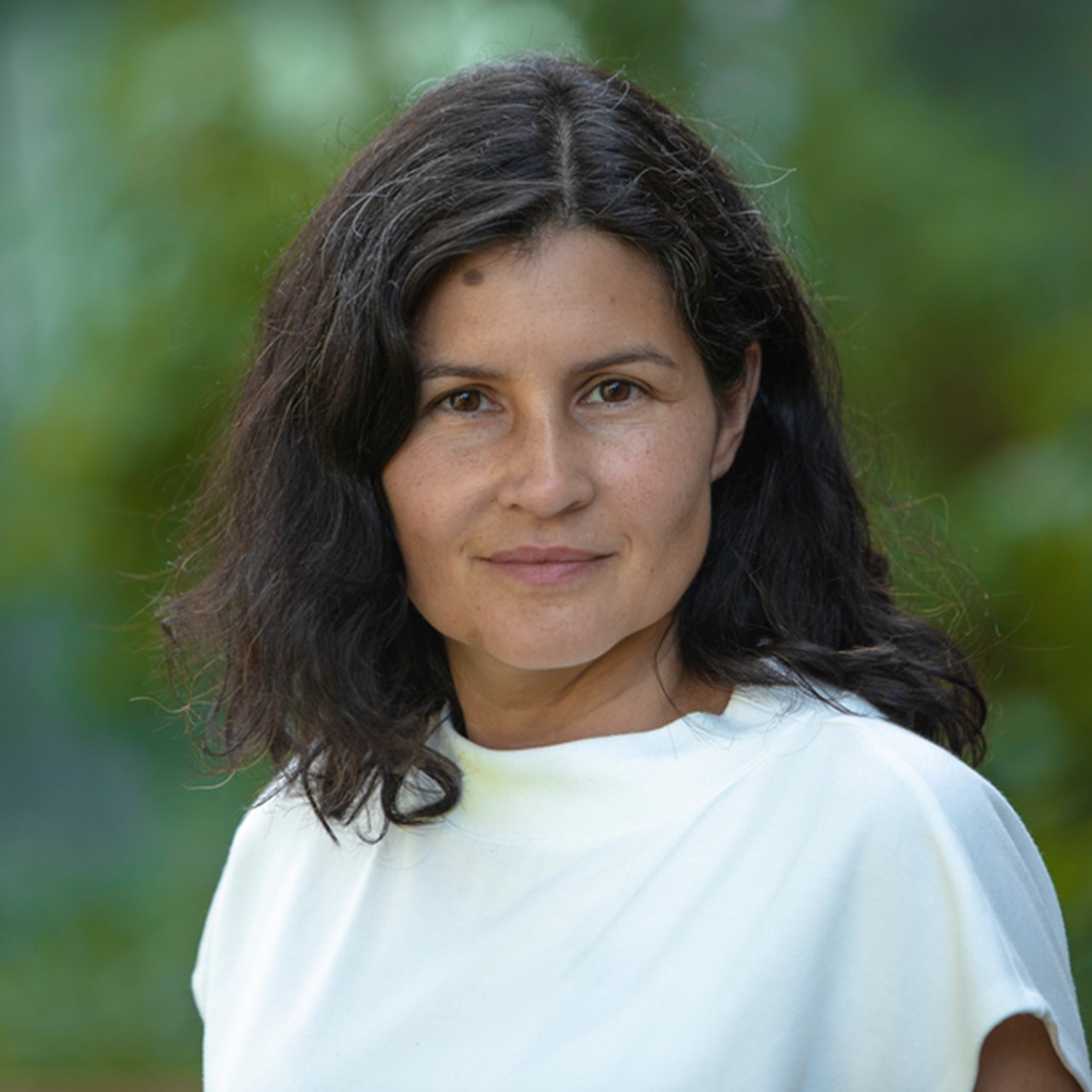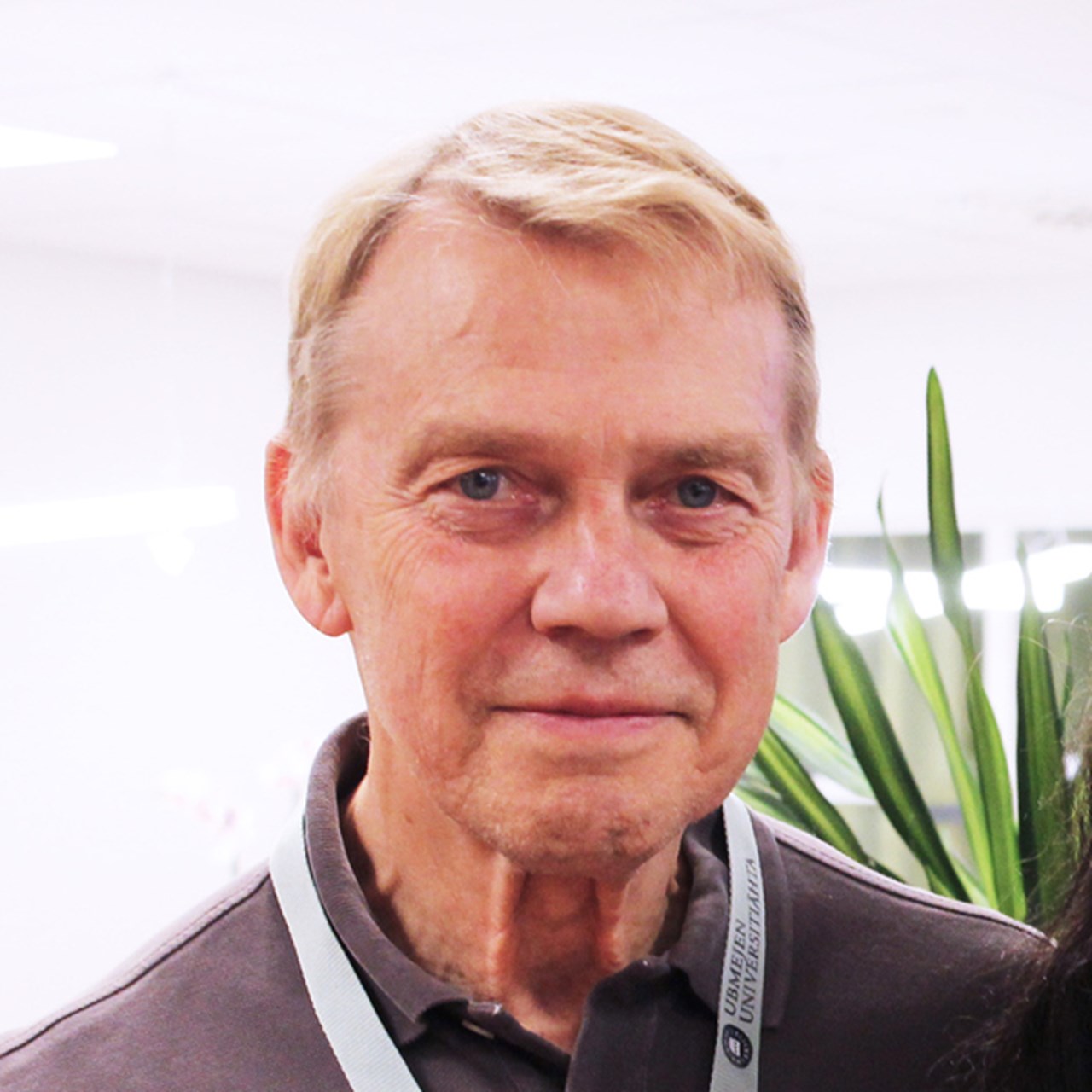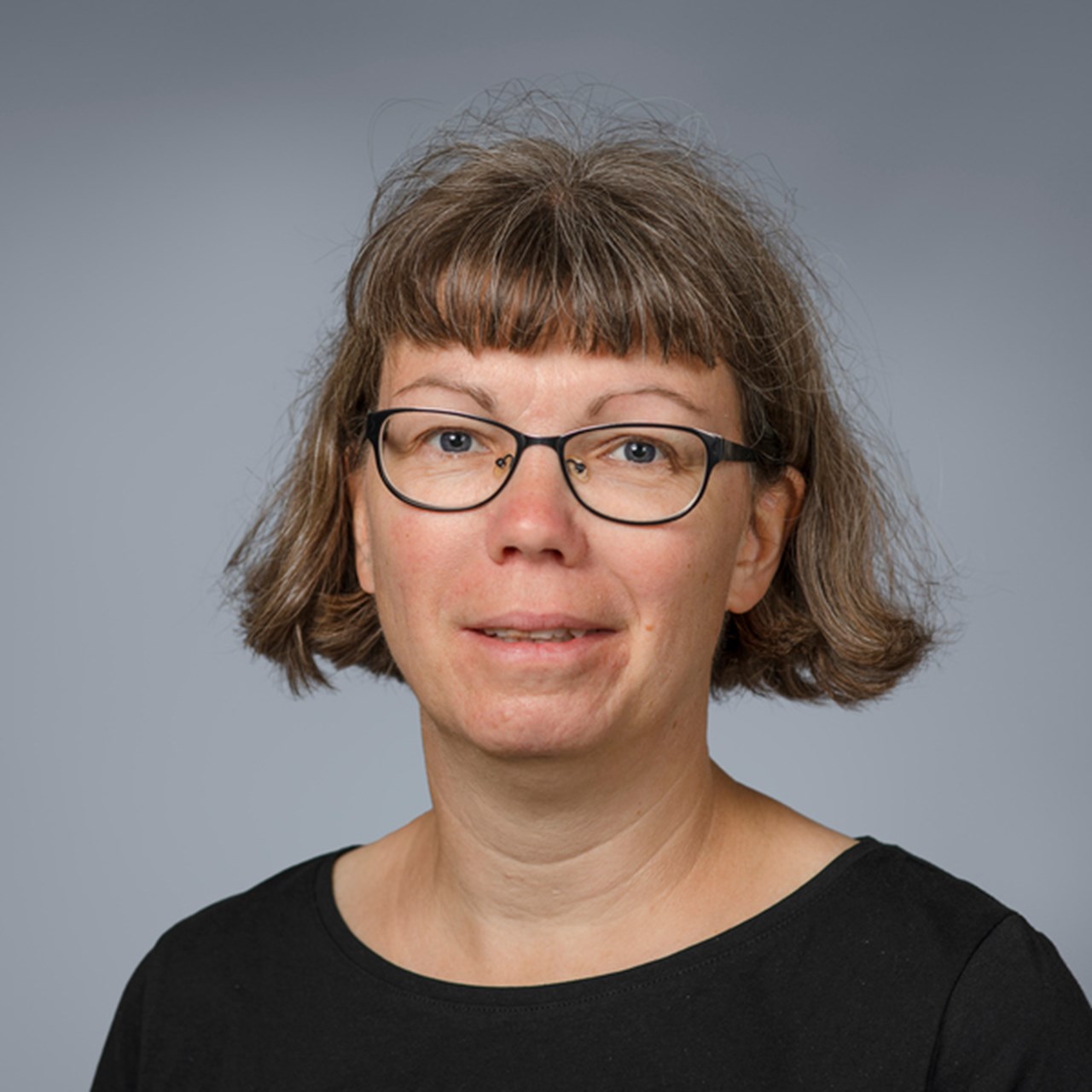NEWS The symposium Multilingualism and Minoritised Languages in Education brought together researchers from higher education institutions in Sweden, Norway, Finland, USA, UK and Brazil. Representatives from the Swedish National Agency for Education, the Sami Parliament of Sweden, The National Association of Swedish Tornedalians, and Umeå Municipality were also present.

Patricia Baquedano-López and Carla Jonsson
Image Sandra Lundström
Adrian Blackledge and Angela Creese
Image Sandra Lundström
Magnus Haney
Image Sandra Lundström
Jenny Bergström
Image Sandra Lundström
Rochelle Waghorn and Mirna Nasser, Umeå Municipality
Image Sandra Lundström
Audience at the symspoium
Image Sandra Lundström
Carla Jonsson, Professor in Educational Work
ImageMattias Pettersson
“It was rewarding to bring together established researchers, doctoral students and representatives from authorities, organisations and civil society for joint discussions on multilingualism, second language development and minoritised languages. The programme included lectures from different perspectives, such as linguistic, pedagogical but also philosophical perspectives. It led to thought-provoking conversations about research and learning experiences from different contexts around the world. The symposium also contributed to new collaborations and ideas that we now look forward to working with,” says Carla Jonsson, professor of educational work at the Department of Language Studies.
Mother tongue teaching was introduced in Sweden in the late 1960s but was initially a voluntary commitment by municipalities. The Home Language Reform introduced in 1977 meant that municipalities were obliged to offer mother tongue teaching provided that certain conditions were met. For national minorities, there is a more extensive right, which means that the school is obliged to organise mother tongue teaching if a pupil wants it.
Kenneth Hyltenstam, Professor Emeritus at Stockholm University, was one of the keynote speakers. His talk was about the establishment and development of Swedish mother tongue teaching.

Kenneth Hyltenstam, Professor Emeritus at Stockholm University
ImageSandra Lundström“Sweden has maintained its unique form of mother tongue education for almost 50 years. It is unique in the world because it is publicly funded, within the framework of the public school system, and available to anyone with a mother tongue other than the country's main language. One wonders what the future will hold, given that we currently have a political party that is in favour of abolishing tax-funded mother-tongue teaching in schools, at least for immigrants. For my part, I nevertheless believe in a well-established and even better developed mother tongue teaching in the future. Mother tongue teaching has been under constant attack over the years, but it has proved exceptionally resilient. Its widespread and well-documented positive impact on participating learners, together with several other factors, contribute to its resilience.”
The organisers, Carla Jonsson and Annika Norlund Shaswar, have long experience of researching multilingualism. They are both involved in a research project that aims to develop teaching methods that support children's and pupils' language development in mother tongue activities, with a particular focus on literacy in one or more languages. During the symposium, Annika Norlund Shaswar presented a study that examined how three Kurdish mother tongue teachers perceive their ability to influence their own and their students' teaching situation.

Annika Norlund Shaswar, docent and Associate Professor at the Department of Language Studies.
ImageMattias Pettersson"It was very rewarding to present and discuss research at the symposium. The fact that there were researchers, people from associations and authorities meant that many perspectives met and that there were constructive discussions. There is also potential for continued collaboration of various kinds," says Annika Norlund Shaswar, Docent in Language Teaching and Learning and Associate Professor at the Department of Language Studies.